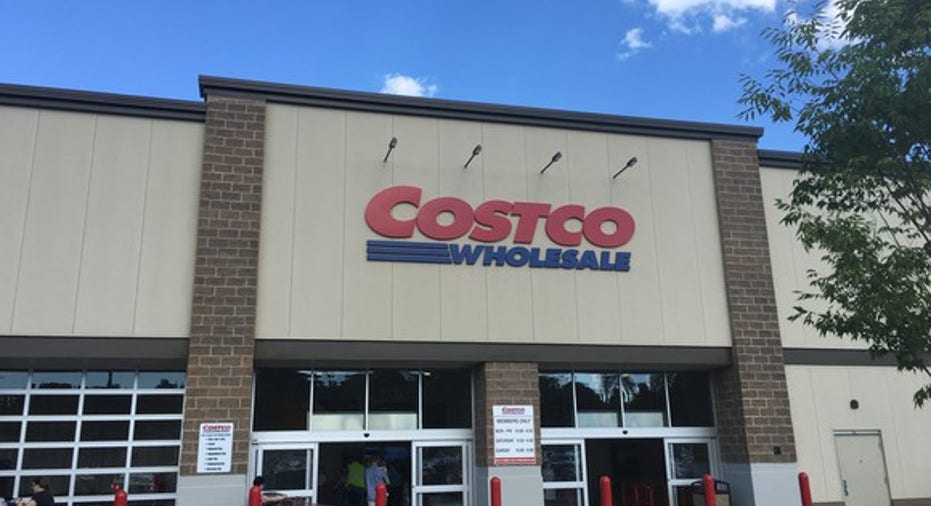Costco Wholesale Corporation's Best Move in 2016 So Far

Image Source: Getty.
Costco (NASDAQ: COST) not only has tremendous customer loyalty, it also has a reputation for being a good employer.
While retail rivals like Wal-Mart (NYSE: WMT) and Target (NYSE: TGT) have suffered through protests over employee wages, Costco has managed to avoid that negative attention. That's because the chain has made an effort to be a good employer and it has been aggressive in keeping its wages ahead of industry averages.
That pays off in multiple ways for the warehouse club. Higher wages can obviously help attract and retain employees while also encouraging better service for customers. Wal-Mart CFOBrett Biggs even noted during his company's most-recent earnings call that happier workers have partly been responsible for sales increases in the chain's United States stores.
Higher-paid workers are happier workers. That seems like a lesson which would not have to be learned and it's one that Costco has long understood.
Costco has a reputation for being a good employer. Image source: author.
Costco has been a wage leader
While Wal-Mart and Target deserve credit for their recent large-scale wage increases, Costco has always been a leader when it comes to hourly salaries. The company continued to protect that turf in the first three quarters of its fiscal 2016 by raising hourly rates at both the top and bottom of its wage scale.CEO Richard Galanti discussed this during the company's third quarter earnings call.
Making a change like that does not come cheaply and Galanti explained the cost during the call.
"The new bottom of scale wage increase results in a year-over-year incremental payroll expense of about $6 million, or $0.01 a share in the quarter," he said. "We estimate that this will be anywhere from $0.01 to $0.02 a quarter in each of the next three quarters depending on which way it rounds."
To put the numbers into perspective, Costco's minimum hourly rate now starts at $13 an hour while Wal-Mart's average full-time hourly wage is $13.38 an hour and its average part-time hourly wage is $10.58 an hour, according to Zacks.com. (It's also worth noting that both companies offer health benefits, retirement plans, employee discounts, and other perks with real financial value which are not part of their hourly wage).
Costco is playing smart defense
Paying workers a little more than your rivals keeps those employees from leaving. That lessens training costs, improves morale, and creates a better overall environment. That translates directly into the bottom line.
Costco has invested in its employees and that's an investment which directly translates into its sales. Satisfied workers do a better job taking care of customers and employees who are in it for the the long haul -- rather than ones just biding their time until they find a better job -- take more pride in their work.
On the grand scale of things, the difference between being a wage leader and skimping on wages is a relatively small number for Costco. By choosing to pay that money without being forced, the company has made a smart move which should continue to pay off for a long time to come.
A secret billion-dollar stock opportunity The world's biggest tech company forgot to show you something, but a few Wall Street analysts and the Fool didn't miss a beat: There's a small company that's powering their brand-new gadgets and the coming revolution in technology. And we think its stock price has nearly unlimited room to run for early in-the-know investors! To be one of them, just click here.
Daniel Kline has no position in any stocks mentioned. His cat has a cold. The Motley Fool owns shares of and recommends Costco Wholesale. Try any of our Foolish newsletter services free for 30 days. We Fools may not all hold the same opinions, but we all believe that considering a diverse range of insights makes us better investors. The Motley Fool has a disclosure policy.



















